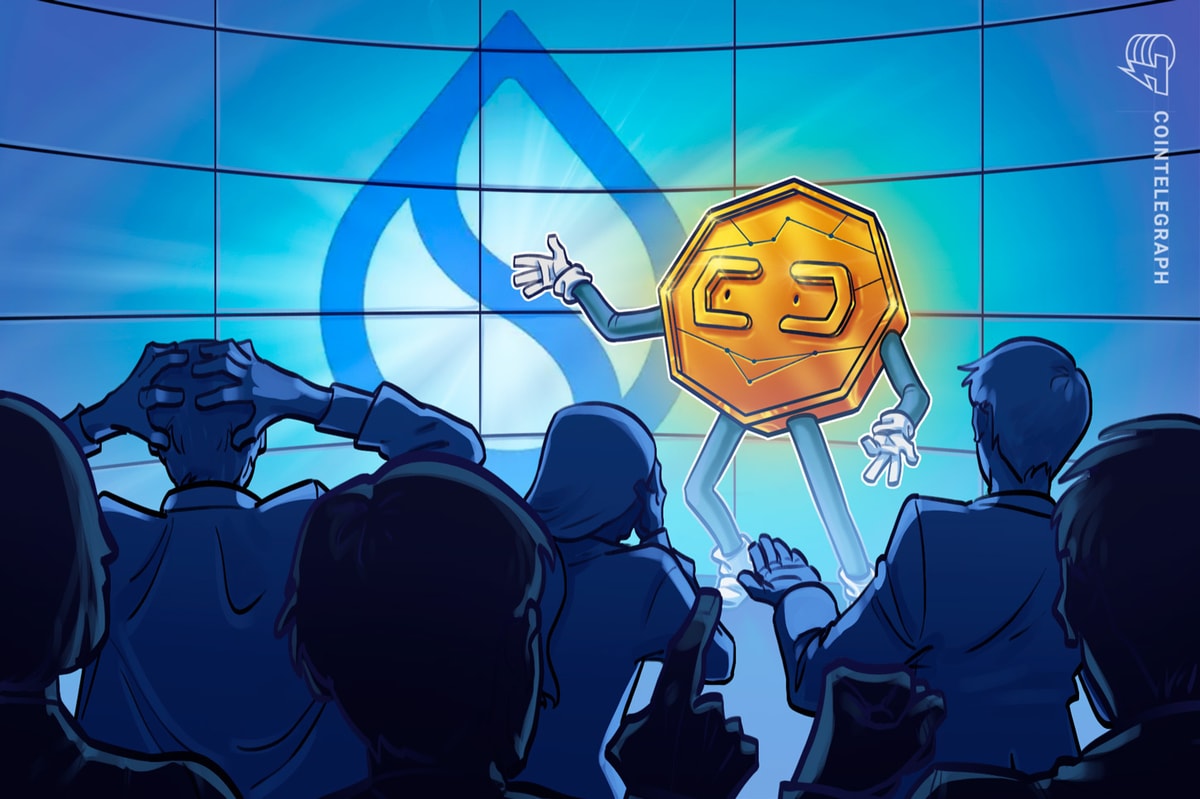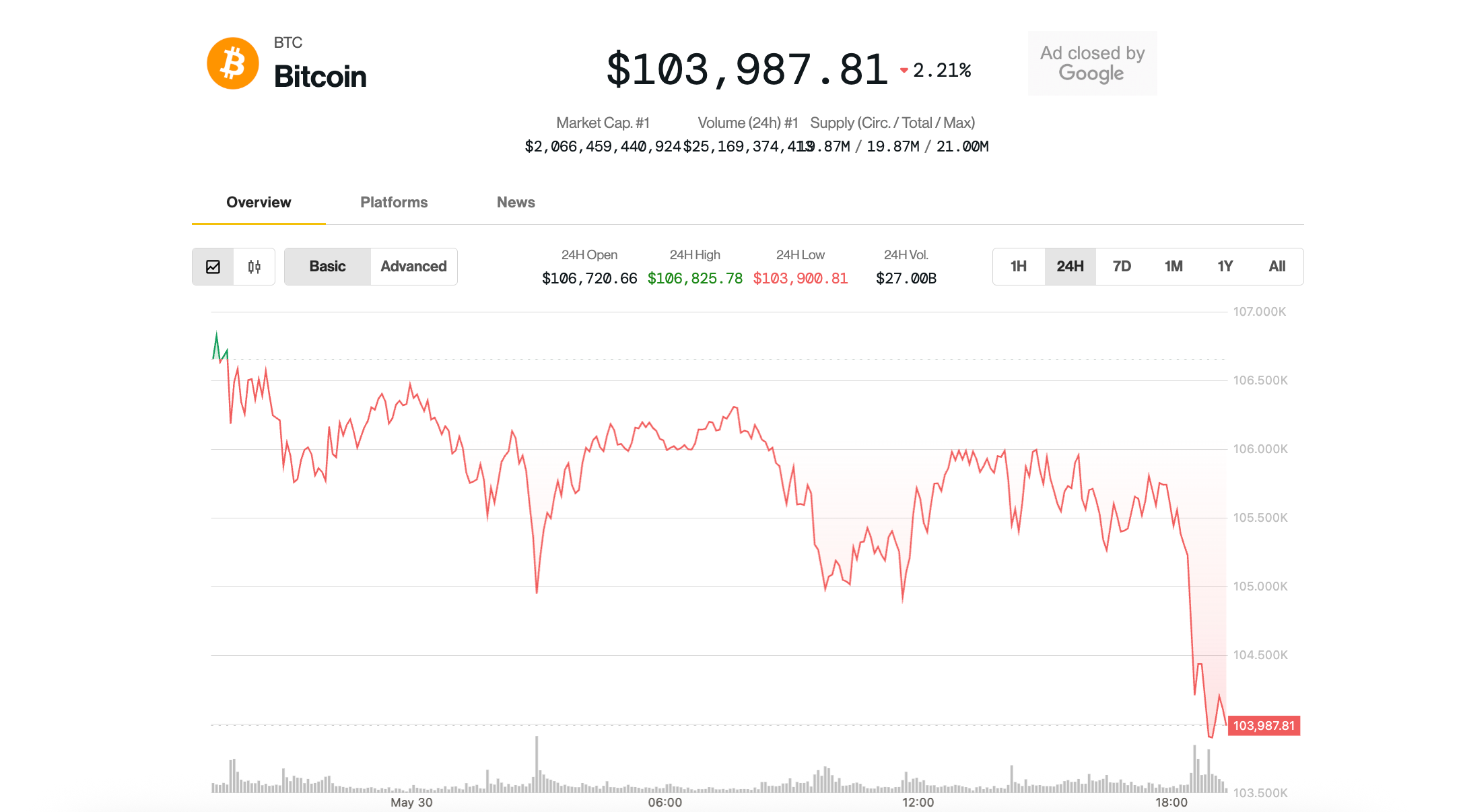Women have been part of the crypto space since its genesis, developing projects, communities and brands, as well as tackling many trenches that this emerging industry demands.
Yet, they have been less involved in starting Web3 businesses. According to the Web3 Career Market report by crypto exchange KuCoin, 27% of female professionals in the field have been involved in starting a crypto startup, against 41% of males in the survey. For many, the “bro culture” in Web3 poses career challenges and barriers to onboarding more women into the space, the same report shows.
Diversity has been a hurdle in other industries as well, such as technology and finance — two sectors that intersect into crypto. As such, it’s not surprising that women are still poorly represented among Web3 developers and crypto traders. More firms in the space are acting to improve diversity however, seeking innovative collaboration and broader adoption.
Cointelegraph’s team spoke with women in the crypto community about their careers, their journey into crypto, and diversity in the industry. They are women from different backgrounds, projects, countries, and generations. All of them are working towards a similar goal: encouraging others, regardless of gender, to join this rapidly evolving industry.
Meet Seema Khinda Johnson, co-founder and COO of Nuggets:
Seema had a 17 years career leading product development strategies for startups and big tech companies before a security incident led her to the crypto space: Her husband’s credit card and personal data were stolen. The experience opened her eyes to privacy control issues and led the couple to establish Nuggets in 2016, a decentralized identity wallet.
To build the project, she decided to email Vitalik Buterin, co-founder of Ethereum, for developer recommendations. “Everyone thought that was ridiculous, that he’d never respond, but sure enough, 20 minutes later, I got a reply with a recommendation of who I needed to speak to. It was a great lesson that you can make pretty much anything happen if you just go for it,” she recalls.
While Seema feels lucky to have some brilliant male allies in the Web3 space, she believes funding and supporting more female entrepreneurs is necessary to boost crypto adoption:
“If people are serious about onboarding 1 billion users into crypto, then we need to attract and retain diverse teams that build powerful products with utility that make sense for us all.”
Meet Sandra Leow, researcher analyst at Nansen:
Sandra was introduced to crypto by her sister, and rapidly delved into “the rabbit-hole of crypto” investing in altcoins and NFTs. Sandra was an intern in the Amber Group before joining Nansen, where she is engaged on using on-chain data to promote more transparency in the blockchain space.

Sandra still observes Web2 stigmas embedded into Web3, but sees a shift away from older gender biases:
“The power dynamics are slowly changing, and I’m really glad it is. You don’t really see inequalities, at least not in my experience where I’m doing research and I think research is generally a very neutral position for any genders.”
Meet Devon Martens, principal blockchain engineer at Sweet:
Devon used to work for an education company, where she started supporting their Solidity courses. She went from supporting to teaching the program at the University of Minnesota, before joining the NFT marketplace Sweet, where she writes smart contracts for some of the biggest names in the industry.
She believes that great role models can motivate more women to pursue Web3 as a career option. Devon also sees the nascent industry as an opportunity for women seeking to change the world:
“There is so much potential, especially for women leaders looking to change the world, in this relatively new decentralized, blockchain environment. People literally teach themselves, so the barrier of a certain credential does not exist yet as it does in some other areas of tech or engineering.”
Meet Daniela Barbosa, executive director of Hyperledger Foundation:
Daniela has been into Bitcoin since its early days. In 2010, she was working on a project involving data portability in San Francisco, and many of her team members were also involved in Bitcoin projects.
“I remember the days of going on Craigslist to go find someone selling bitcoin from their garage in Glen Park SF […] I went to a bitcoin meetup in SF in probably 12-13 and felt completely out of place as an older female amongst a bunch of bros. Honestly, I got a bit turned off with the local scene, but not enough to not keep an eye on what was going on.”
In 2017, she found the just-launched Hyperledger project while searching for a career in enterprise blockchain technology. As a crypto early adopter, Daniela is advocating for more women to be involved in the crypto space across a variety of roles, not just as developers.
Meet Sandy Carter, COO and head of Business Development of Unstoppable Domains:
Sandy has been working in the tech field since the birth of Web2. Her first contact with crypto and blockchain happened while acting as a vice-president at AWS. “As I researched the potential use cases of blockchain, I became more fascinated by the idea of decentralization, the notion of user ownership over data and digital property, and the community-driven decision-making process in Web3,” she recalled.

She learned from her experience in the tech industry that the absence of diversity limits innovation and creativity, resulting in a lack of understanding of minorities’ perspectives and needs.
After joining Unstoppable Domains in 2021, she started an initiative called Unstoppable Women of Web3, which focuses on educating and training the next generation of female crypto leaders.
“Without knowledge or exposure to the industry, women may lose confidence and interest in pursuing careers in the sector.”
Meet Briana Marbury, CEO of the Interledger Foundation:
Leading the Interledger Foundation since 2020, Briana is interacting with projects from all over the world, from solutions for natural disasters to developing peering systems. Creating tools that benefit others is what motivates her in the Web3 space.

Briana believes that crypto firms must consider multiple viewpoints when developing their strategies, and that organizations lacking a gender-balanced workforce are missing out on synergies and innovative collaborations.
“People, women especially, can often self deselect themselves from pursuing potentially lucrative, rewarding and purposeful career pathways in crypto – or technology more broadly – because they believe ‘it’s not for people like them.’ Intentionality is key here.”
Meet Alicia Kao, managing director and head of Strategic Partner Development at KuCoin:
With a background in sociology, Alicia’s first interaction with the crypto world came in 2018 after attending a crypto conference. Upon joining KuCoin in 2019, she found male leaders who leveraged her strengths and allowed her passion to flourish.
Although she sees the crypto industry as “undoubtedly male-dominated”, Alicia also believes this reality is slowly changing:
“When builders feel valued and included as part of a team working towards a common goal, they’re more likely to take risks and come up with innovative ideas. This not only benefits the builders themselves but also helps to build public trust in the future we are building with crypto and web3.”
Read More: cointelegraph.com









 Bitcoin
Bitcoin  Ethereum
Ethereum  Tether
Tether  XRP
XRP  Solana
Solana  USDC
USDC  Dogecoin
Dogecoin  TRON
TRON  Cardano
Cardano  Lido Staked Ether
Lido Staked Ether  Wrapped Bitcoin
Wrapped Bitcoin  Wrapped stETH
Wrapped stETH  Hyperliquid
Hyperliquid  Sui
Sui  Chainlink
Chainlink  Avalanche
Avalanche  Stellar
Stellar  LEO Token
LEO Token  Bitcoin Cash
Bitcoin Cash  Toncoin
Toncoin  Shiba Inu
Shiba Inu  USDS
USDS  Hedera
Hedera  WETH
WETH  Wrapped eETH
Wrapped eETH  Litecoin
Litecoin  Polkadot
Polkadot  Binance Bridged USDT (BNB Smart Chain)
Binance Bridged USDT (BNB Smart Chain)  Monero
Monero  Bitget Token
Bitget Token  Ethena USDe
Ethena USDe  Pepe
Pepe  Pi Network
Pi Network  WhiteBIT Coin
WhiteBIT Coin  Coinbase Wrapped BTC
Coinbase Wrapped BTC  Dai
Dai  Aave
Aave  Uniswap
Uniswap  Bittensor
Bittensor  Cronos
Cronos  OKB
OKB  Ethena Staked USDe
Ethena Staked USDe  Jito Staked SOL
Jito Staked SOL  Aptos
Aptos  NEAR Protocol
NEAR Protocol  BlackRock USD Institutional Digital Liquidity Fund
BlackRock USD Institutional Digital Liquidity Fund  Tokenize Xchange
Tokenize Xchange  Ondo
Ondo  Internet Computer
Internet Computer